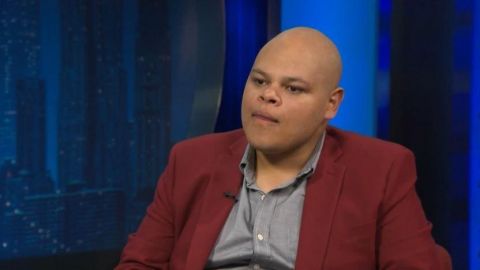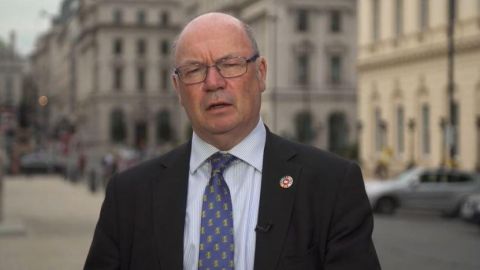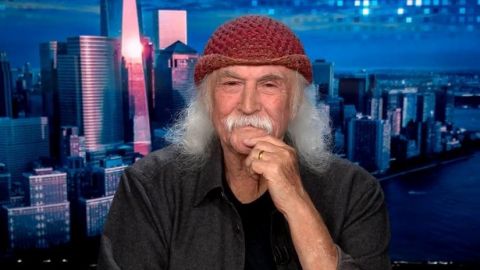Read Transcript EXPAND
CHRISTIANE AMANPOUR: Just tell me, where is the United States in its campaign with Iran?
KORI SCHAKE, DEPUTY DIRECTOR-GENERAL, INTERNATIONAL INSTITUTE FOR STRATEGIC STUDIES: Well, I think statements like Secretary of State Pompeo and John Bolton, the national security adviser, make it actually harder for the administration to achieve its goals. It makes it harder for Iran to make the kind of comprises that the administration is looking for them to have.
AMANPOUR: Because?
SCHAKE: Because they’re talking loudly and carrying a small stick. The president has just demonstrated a couple of weeks ago that he was unwilling to go ahead and with the retaliatory strikes. So, if I were Iran, I would be thinking, “Huh, the administration has a strategy based on the ultimate use of force that the president of the United States isn’t going to carry out.”
AMANPOUR: OK. So, that’s interesting. Alistair Burt, you were the former minister, you dealt with this region for so long. It has moved a little bit from, “Oh, my goodness, we thought we were going to war,” to now, how does President Trump try to do negotiations which he says he wants. Where do you see it from the British and European point of view right now?
ALISTAIR BURT, FORMER U.K. MINISTER OF STATE FOR THE MIDDLE EAST: Well, first thing, we start from a position of some bewilderment because if you wanted to make sure Iran didn’t move towards a nuclear weapon you have an agreement that ensured that. And I am with others, including those in State Department who negotiated that agreement who are puzzled that the United States moved away from something which had Iran in a nonnuclear arms box into something more dangerous.
Now, I also don’t believe that maximum pressure on its own as the only club in the gulf that actually works. You’ve got to have something that enables you to progress further. And If you read William Burns’ memoir, if you look how patiently relationships were built up in order to enable Iran to move, with no concession as to what Iran is doing in the region, that is not good. You realize the way to do it is to have a relationship with them, to work with them and to build up a sense that nobody wants war. So, what other practical steps you can take to start to descale. And I think what we need to see is that chapter opening up. And it doesn’t matter how it’s done, but that chapter of talking and enabling both sides to climb a bit of a ladder is really necessary now.
AMANPOUR: So, William burns, you mentioned the long-time State Department bipartisan U.S. administrations and was one of the first to engage in the secret talks with Iran before the nuclear deal was struck. Now, to what you both said, what is the plan? How do you deescalate? How do you achieve your goals? This is what the Iranian president has said with regard to maximum pressure.
(BEGIN VIDEO CLIP)
HASSAN ROUHANI, IRANIAN PRESIDENT (through translator): When a big power is a bully, well, then we have to stand up to it. It must stop being a bully.
About This Episode EXPAND
Kori Schake and Alistair Burt join Christiane Amanpour to discuss President Trump’s foreign policy challenges. David Crosby joins the program to discuss his life and music. Jamil Jivani sits down with Michel Martin to talk about his first book, “Why Young Men: Rage, Race and the Crisis of Identity.”
LEARN MORE


